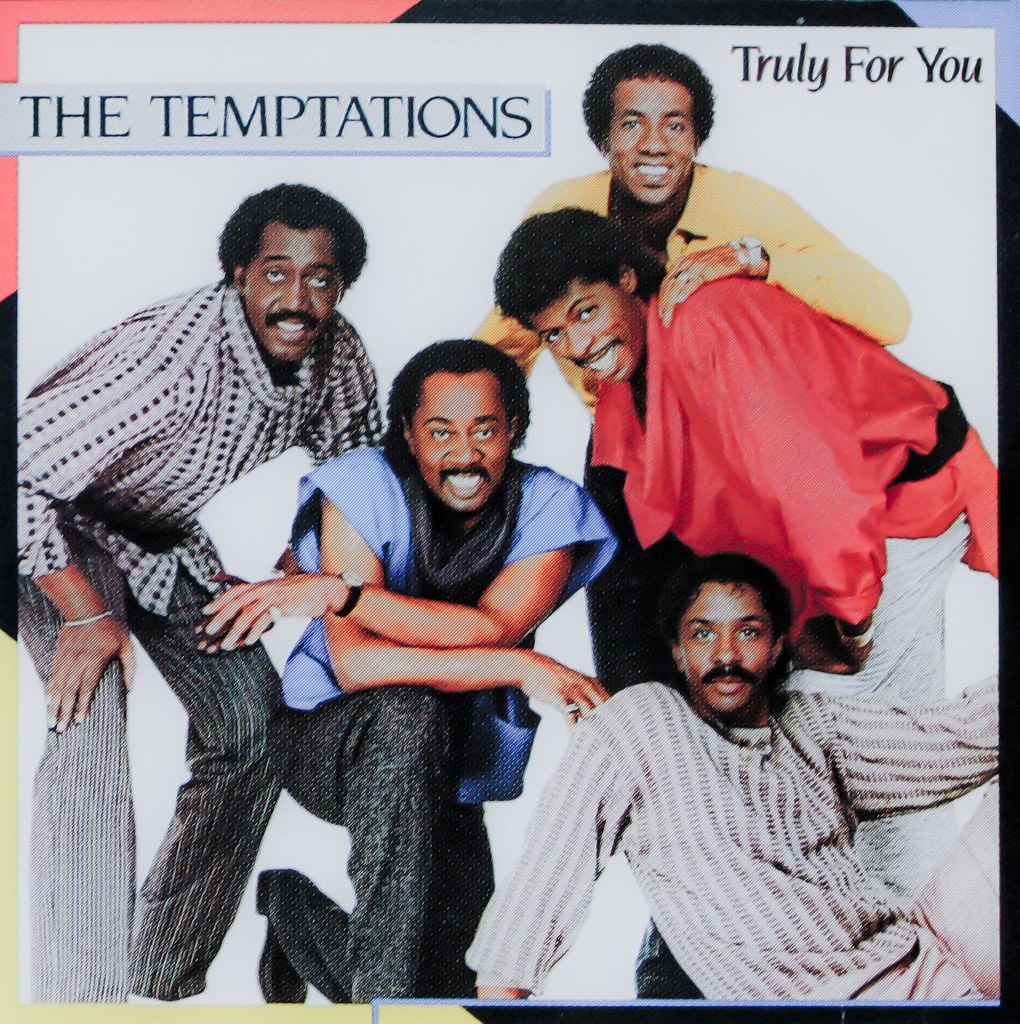Did we miss anything on cable last night? No, I didn't see your last Facebook post about your dog. I'll get to it soon. What's Twitter say about the music awards show on TV now? Did I reserve the right restaurant tomorrow? Let me check the reviews. I want to try that new gluten free hummus, they say it's better for you but I need to check my reddit feed to see what they say about their political views.
The New Fear
Social media addiction has acquired a new name of The Fear of Missing Out and I thank Lori Steiner for her article in Breslev Israel article pointing that out to me via Torah Lectures who quoted it. I've been heavily invested time-wise in social media over the last five years after writing a large curriculum for mostly business purposes. But I've seen it more as an experiment and really wouldn't mind if Facebook went the way of AOL or MySpace and kept going.
To the youth of today, it's not an experiment but a mainstay of cool communication. They need to stand out, to be noticed, stay on the move, and know the latest happenings that puts them at a higher social status above the crowd. My background in music tells me staying on the move chasing after the next best thing isn't the best way to raise a family. Appropriately enough, it's more of a temptation.
"Papa was a rolling stone, my son.
Wherever he laid his hat was his home.
And when he died, all he left us was alone.
Fighting loss of identity
The point of Ms. Steiner 's article is to identify the recent social app driven surge of fear in youth about not being a part of the right crowd (social not moral) and its confirmed influence towards unhappiness. She counters positively with Judaism's teaching in that happy people strive to be humble, content, service-oriented and not focused so much on themselves.
Ms. Steiner points out three solutions for combating social dissatisfaction for these repeat offenders:
- sharing thoughts of faith in God
- encouraging one another through inspiring or educational words, and
- helping others
They all seem to center around identity. When you are young, you try on various personas to see how they fit you and make your life choices for an adult. If I don't know who I am, I'll try to be anyone as long as it has some value to the world. You want to be successful and prosperous. How much more that you, one of their parents, should show your faith in God so that he blesses you with that success. The strongest life value and identity that you can have presented to your child is the one that you teach by the way that you live.
The teaching of the wise is a fountain of life,
turning a person from the snares of death. (Prov 13:14)
Be that identity for someone
I know who I am, if I know who I am in God's eyes, and then I can share that knowledge of faith with others. Knowing our Lord God's love for me and what relationship I stand in with him, compels me to share that love and knowledge of him. And when I see another human being as an image of God, I cannot help but offer to pay back some of the riches that our infinitely merciful Lord has allowed me to receive.
what is mankind that you are mindful of them,It's the identity of youth that is at risk. They are losing their glory from God and using people pleasing skills to gain another disingenuous like. They have left the values of their fathers who've disappointed them and tried to find new values that shine and gleam on their cell phone screens. They look to a life controlled by a lonely programmer's decisions fueled by aimless electrons and yet ignore the love that surrounds the creator's mysteries waiting for someone to follow after his ways.
human beings that you care for them?
You have made them a little lower than the angels
and crowned them with glory and honor. (Psalm 8:4-5)
Lord God, let us find our path to you through the insincere noise of the world that you did not create us to live in. Help us to know the glory that you gave us, to shine for your glory so that you may be the one who gains honor. Let us measure our random posts and tweets against your grains of sand on all the beaches that stand in testament to your amazing craftsmanship and leave us speechless for the vastness of the oceans that holds treasures beyond any retailer on the internet. And strengthen us in that identity that keeps us from losing the protective cover under your wings as we confront the fear of the future for us and for our children.


